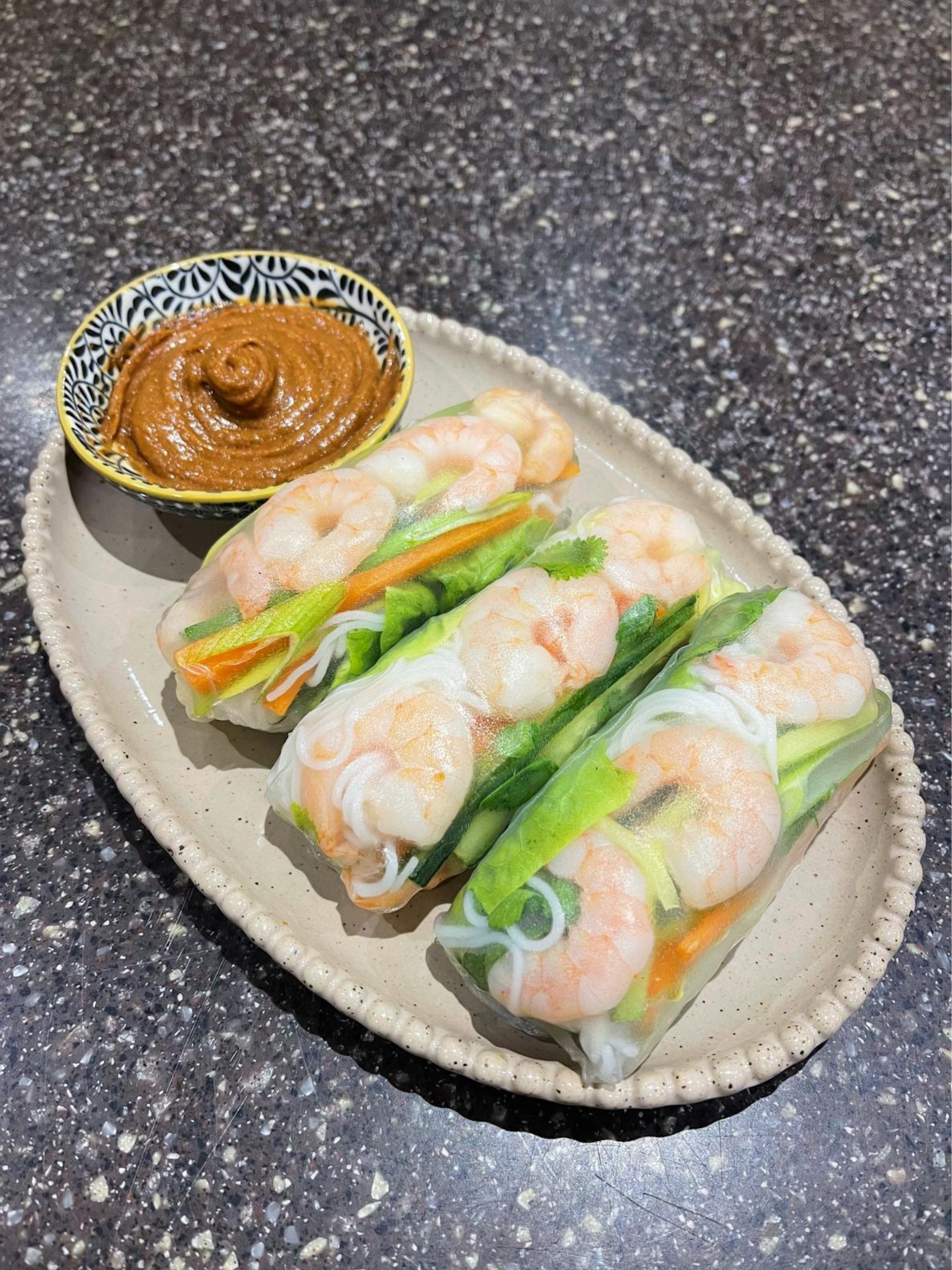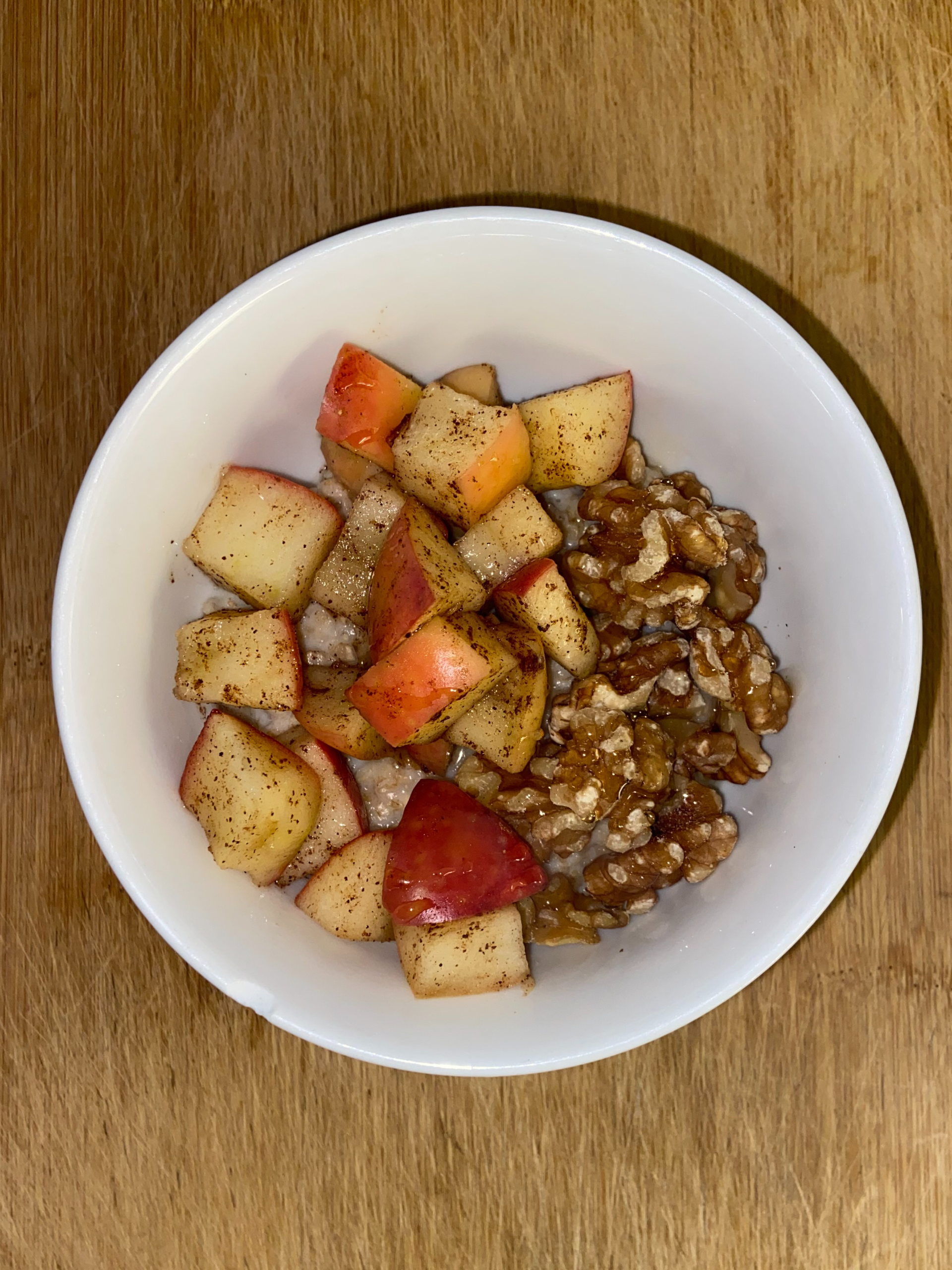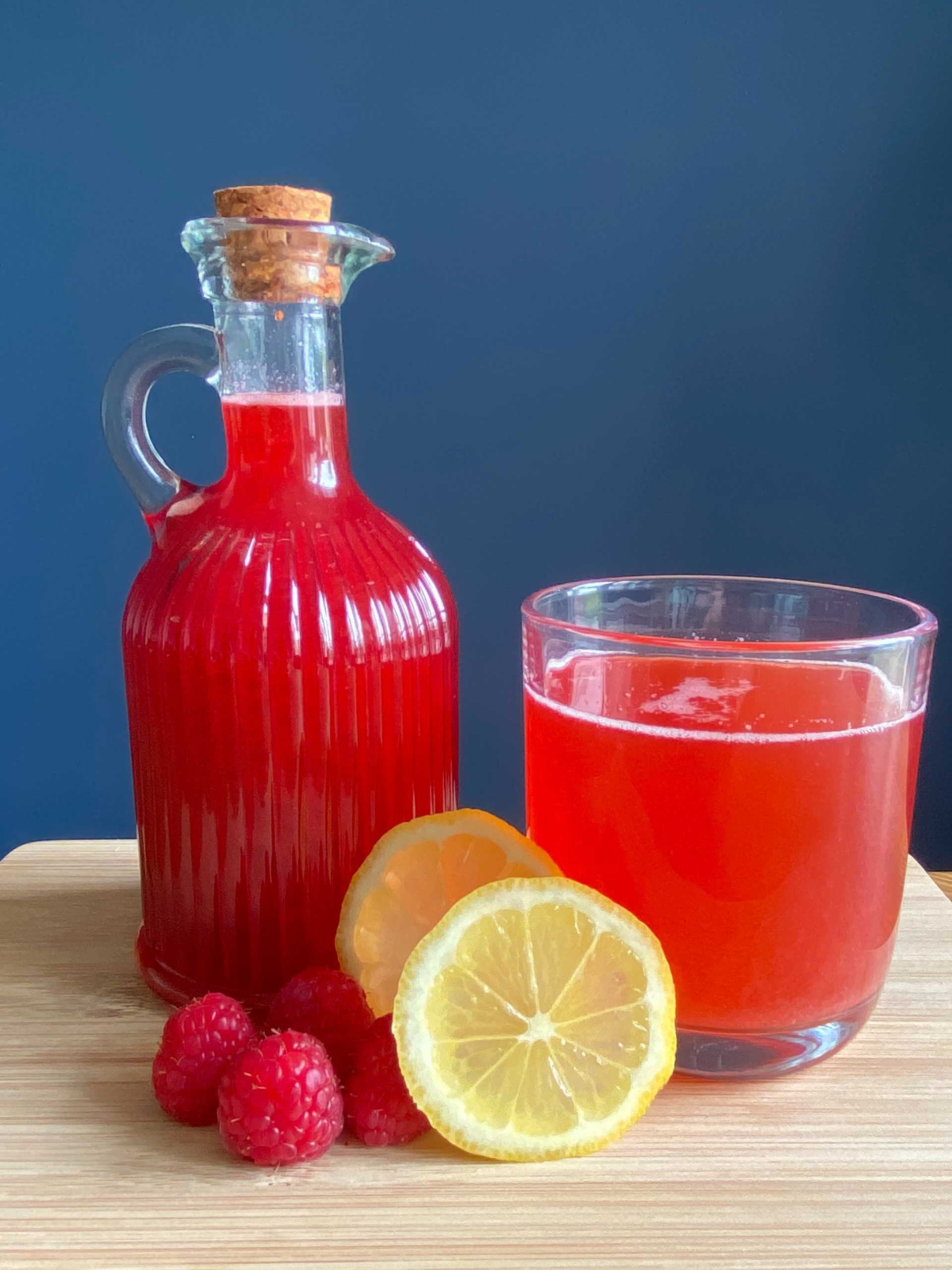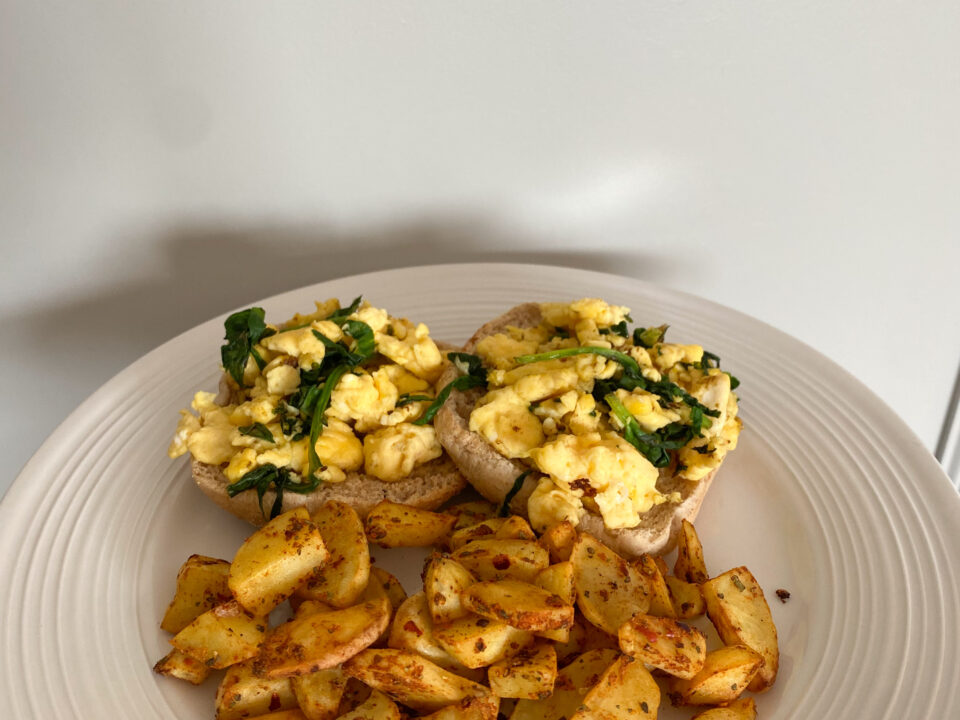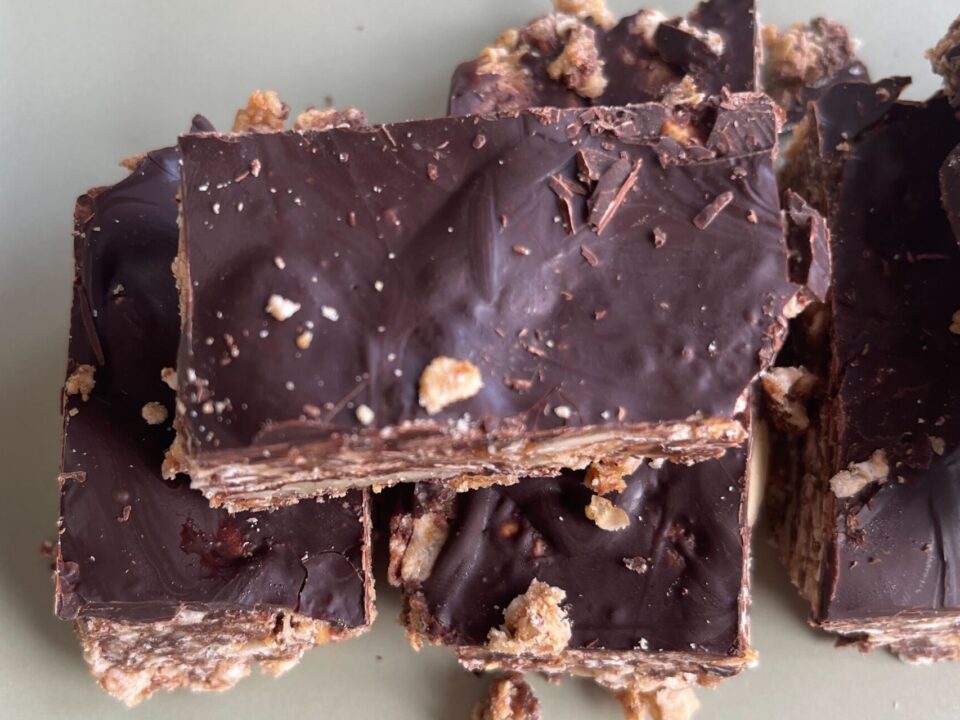Staying Healthy at Christmas, Festive Recipes & More!
The Christmas period is a great opportunity to catch up with friends and family over food, drinks and get togethers! After the ups and downs of this year, it should certainly be savoured and enjoyed.
In the grand scheme of things, one day of overeating really will not do much harm, but often, the overeating and indulging begins early in December, and can last until January! As many of you will know, it’s often a lot easier to gain weight than to lose it. With all the negative metabolic and hormonal shifts that occur from excessive eating and drinking, such as insulin resistance, increased triglyceride (fat in the blood) concentrations, higher cortisol (a stress hormone) concentrations and reduced growth hormone release, we must be mindful of a possible negative impact on overall health.
People should and can enjoy treats and desserts at Christmas, but with some level of control and responsibility to their body, particularly if you are an athlete or training to a high level. Rather than focusing on calorie counting as a preventive tool, it is more practical to focus on making more appropriate food choices and eating sensibly. Here are some practical suggestions on how you can limit the potential negative impact of excessive eating and drinking over the holidays.
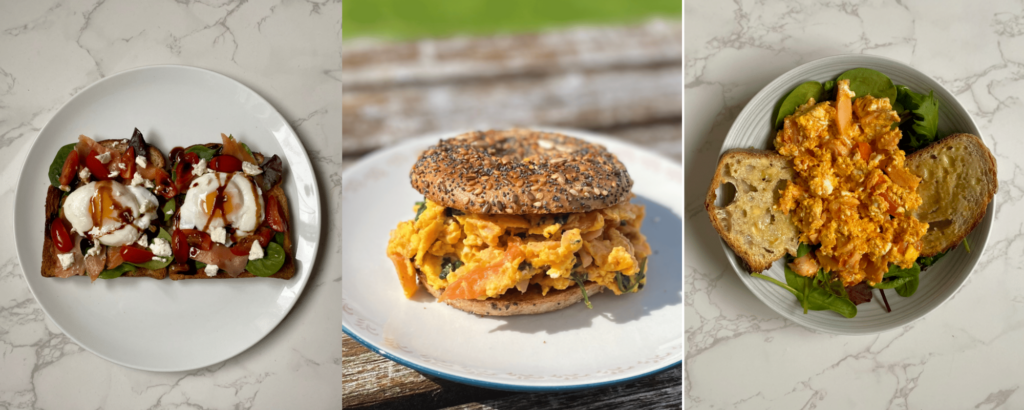
- Aim To Keep Protein Intake Up:
Eating a slow-digesting breakfast that is rich in protein has been shown to reduce mid-morning snacking and to help limit total energy consumed over the day. Avoiding sugary cereals or pastries is a good approach to take over Christmas. Protein-rich foods, for example, a breakfast like poached eggs and smoked salmon are digested slowly and help to keep you fuller for longer, and can help you avoid dipping into that selection box before lunch. There should be lots of turkey and ham about, so opt for these instead of potatoes, mince pies and desserts. Don’t forget to use the filter on the recipe page to find high-protein dishes.
- Increase Fibre
Consuming fibre-rich foods is a great way of controlling the total amount of food you eat on a daily basis. Fresh fruit, vegetables, nuts and seeds are great sources of fibre, which helps to keep you full. If you are eating fibre-rich foods and feel more satisfied, you are much less likely to indulge elsewhere.
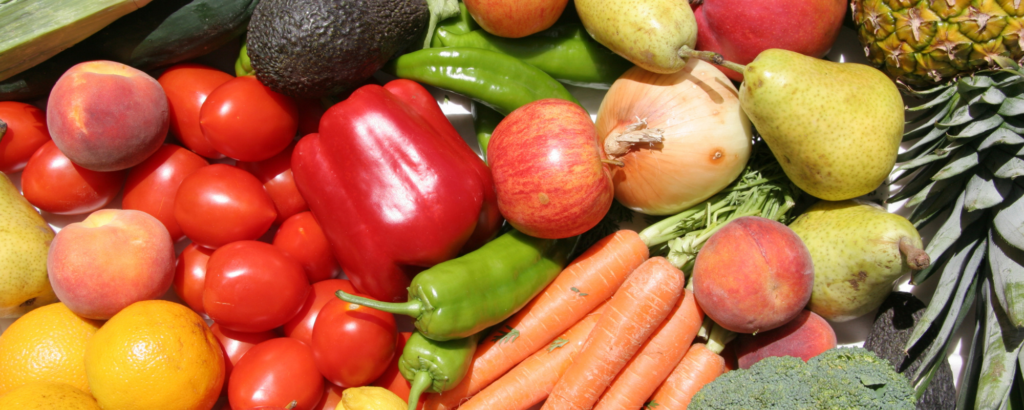
- Eat Slowly and Enjoy Your Food
There should be no rush to eat when you sit down to your meals over Christmas. Take your time and eat slowly and mindfully. It takes time for your stomach and your brain to complete the communication exchange that tells you that you are full, so eating slowly, savouring the food and company around you, will help to limit your overall food intake.
- Stay Active
It is very easy to vegetate on the couch watching movies and sports over Christmas. Don’t make the mistake of doing no exercise over Christmas – A brisk walk, a light jog or a quick workout will benefit both the body and mind. In fact, accumulating your exercise throughout the day in a few short bursts is just as effective as doing one bout of longer exercise. Just because it’s Christmas, that doesn’t mean you should abandon all of your good lifestyle habits.
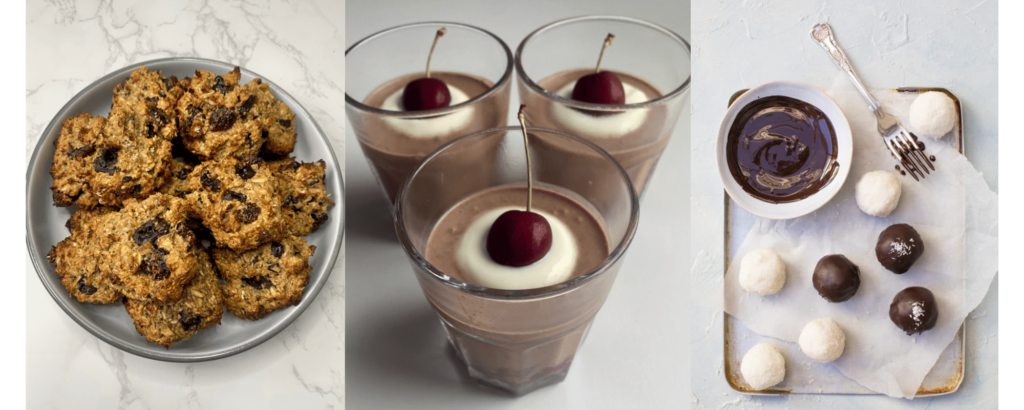
- Enjoy Some Dark Chocolate
Tasty treats can be healthy too. Dark chocolate is a healthier alternative to milk chocolate, most sweets, cakes and pies. Cocoa, which is the main ingredient in dark chocolate, is an excellent source of flavanols and antioxidants. Research suggests that these antioxidants offer numerous health benefits to the body, including helping to protect the body’s cells from the damaging effects of inflammation and free radicals. Excess alcohol and inflammatory foods are common at Christmas time, so consuming plenty of antioxidants in foods such as fruit and vegetables, oily fish, nuts and seeds and a little bit of dark chocolate, will certainly be beneficial. At daveynutrition, we have lots of recipes incorporating dark chocolate, like the Dark Chocolate Bounty Balls or the Chocolate Nut Butter Shards!. They are the perfect healthier treat for this time of year.
- Don’t Mix Sugar and Alcohol
Not only can excessive alcohol consumption give you a bad hangover, it drastically increases the amount of calories that you consume (both at the time and often the next day). Mixing sugary drinks with alcohol is a particularly bad idea, as the sugar will lead to blood sugar fluctuations that will trigger hunger pangs. Aim to drink moderately, but if you are drinking more than a few drinks, clear alcohols with soda water and fresh lime or lemon is a good lower-sugar option. It’s very important to be mindful of alcohol consumption and to drink within your own personal limits in a healthy and reasonable manner – check out drinkaware.ie for more information about safe alcohol consumption.

- Meal Timing
Space out your meals and maintain a healthy eating pattern throughout the festive period. This means eating three main meals and two snacks a day. Just because there is copious amounts of food available, it doesn’t mean you need to spend the whole day “grazing”. Eat because you are hungry, not because you are bored or because the food looks appealing.
Summary
Adopting some of these eating strategies can help you to make better food choices and control excess eating over the Christmas. It’s not rocket science, but sometimes we need to be reminded of the simple things that we need to do to avoid taking eating and drinking a step too far. We should all enjoy the holidays, but just with a bit of control and sense of responsibility to our body. Trust me: you will be grateful that you took the sensible approach to eating when January quickly arrives!
Here are some great sharing recipes to enjoy with loved ones over the festive period:
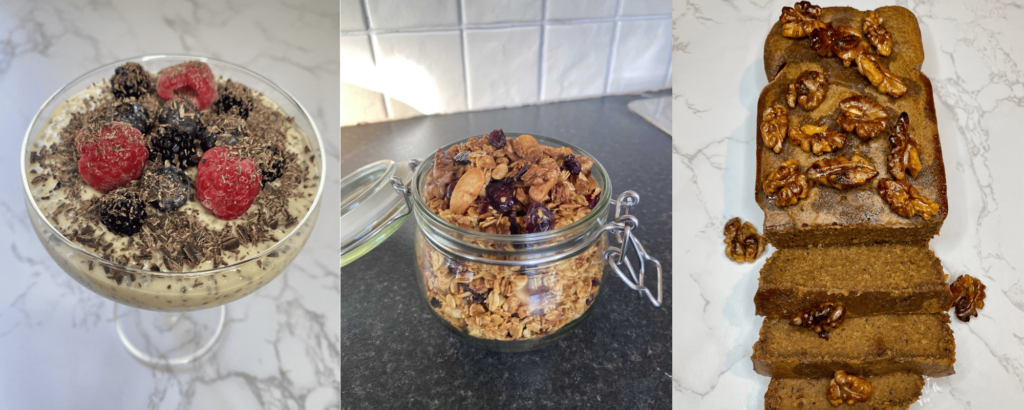
Breakfast
Starter
Dinner
Dessert
Drinks
For More Festive Recipes, Check Out Our Previous Article: daveynutrition’s Top 10 Festive Treats!

